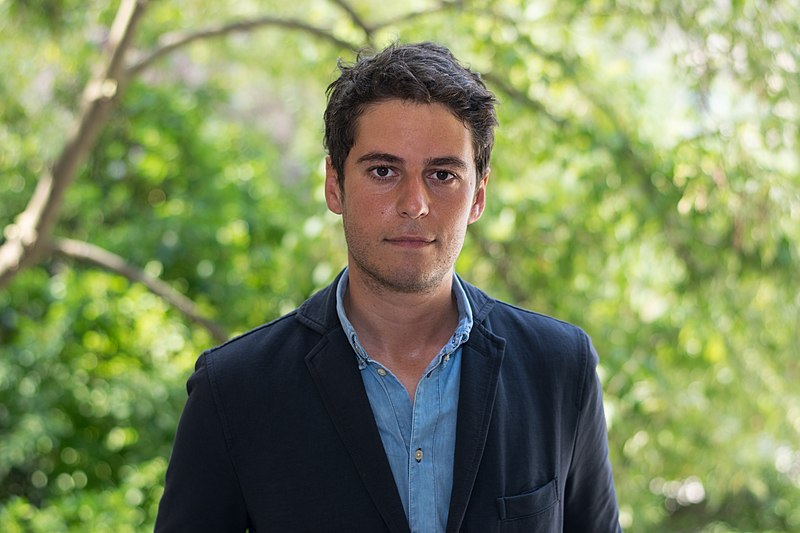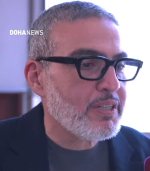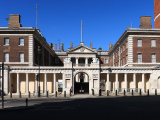
Reports of breaches of secularism have been on the rise in France over the past year. The new Minister of Education, Gabriel Attal, aims to address a situation that his predecessor had left
somewhat open to the discretion of school authorities.
Gabriel Attal has made a decisive move. France's Minister of Education has announced that "wearing an abaya at school will no longer be permissible," as he declared during the TF1 evening news on Sunday, August 27. He emphasized that this rule is "necessary and just," adding, "When entering a classroom, the religion of students should not be identifiable through their attire." Attal had already given clear instructions to regional educational leaders during his meeting with them on Thursday, stating, "In moments when the principles of the Republic are being tested, we must stand united."
For almost a year now, school principals and administrators have been seeking "clear guidance" on whether abayas (long dresses typically worn over other clothing) or qamis (long tunics for men) indicate a religious affiliation, in line with the March 2004 law that prohibits religious symbols in schools. A confidential memorandum from France's Council of Advisors for Secularism and the Values of the Republic recommended a firm stance as early as June 2022, in order to avoid leaving decision-making solely to management personnel, according to Alain Seksig, the general secretary of the council.
However, the former Education Minister, Pap Ndiaye, refrained from making a definitive decision. In November 2022, he issued a circular to "guide" school principals and explain the steps to be taken for them to decide. This topic has also sparked discussions within the Muslim community itself. In June, the French Council of the Muslim Faith (CFCM) stated that the abaya "is not a Muslim religious symbol" and that "in the Muslim tradition (...), any clothing is not inherently a religious symbol."
The room for interpretation left by Ndiaye for school principals may have resulted in some schools prohibiting such attire while others authorized it. Didier Georges, a school principal and national secretary of the SNPDEN-UNSA teachers' union, highlighted, "We don't want to be arbiters of uncertainty. This could potentially endanger us, as we stand at the entrances of our institutions every morning." Photo by Antoine Lamielle, Wikimedia commons.








































